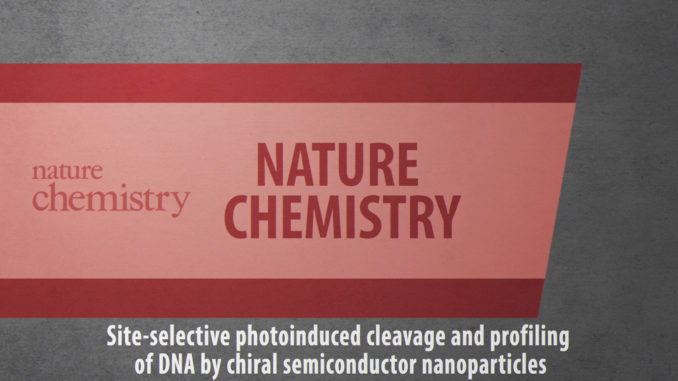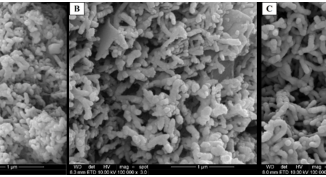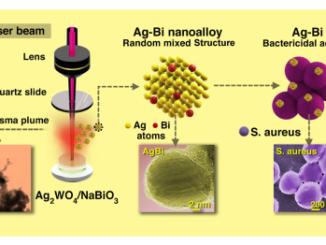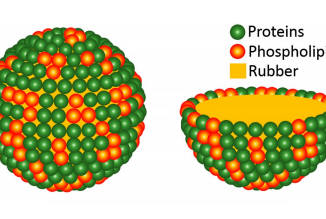
Site-selective photoinduced cleavage and profiling of DNA by chiral semiconductor nanoparticles
Abstract: Gene editing is an important genetic engineering technique that enables gene manipulation at the molecular level. It mainly relies on engineered nucleases of biological origin, whose precise functions cannot be replicated in any currently known abiotic artificial material. Here, we show that chiral cysteine-modified CdTe nanoparticles can specifically recognize and, following photonic excitation, cut at the restriction site GAT’ATC (‘indicates the cut site) in double-stranded DNA exceeding 90 base pairs, mimicking a restriction endonuclease. Although photoinduced reactive oxygen species are found to be responsible for the cleavage activity, the sequence selectivity arises from the affinity between cysteine and the conformation of the specific DNA sequence, as confirmed by quantum-chemical calculations. In addition, we demonstrate non-enzymatic sequence-specific DNA incision in living cells and in vivo using these CdTe nanoparticles, which may help in the design of abiotic materials for gene editing and other biological applications.
Author(s): Sun, MZ; Xu, LG; Qu, AH; Zhao, P; Hao, TT; Ma, W; Hao, CL; Wen, XD; Colombari, FM; de Moura, AF; Kotov, NA; Xu, CL; Kuang, H
NATURE CHEMISTRY
Volume: 10 Páginas: 821-830 Publicado: AUG 2018
DOI: 10.1038/s41557-018-0083-y
CDMF
The CDMF, hosted at the Federal University of São Carlos (UFSCar), is one of the Research, Innovation and Dissemination Centers (RIDC) supported by the São Paulo State Research Support Foundation (Fapesp), and also receives investment from the National Council Scientific and Technological Development (CNPq), from the National Institute of Science and Technology of Materials in Nanotechnology (INCTMN).




